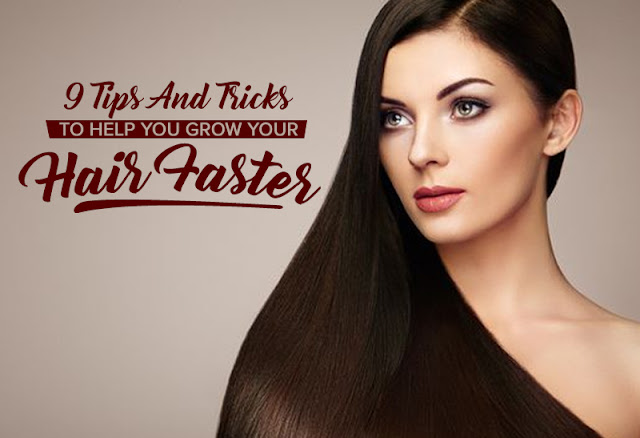Who doesn’t prefer to have thick and luscious hair compared to limp and thin one? However, hair thinning can sometimes be unavoidable due to age, genes, sudden physical or psychological shock in your system, or an underlying health issue.
If you’re dealing with thinning hair too, coconut oil helps stimulate hair growth and leave you hair really soft. Just know that there are times that coconut oil for your hair may not be a good idea too.
Why Coconut Oil Is Good For Your Hair?
We already know that coconut oil is a wonder worker! It is one of those few foods classified as a “super food” because it is packed with nutrients which are good for the body in general, including our hair. Fatty acids found in coconut oil are rich in protein so when applied directly to your strands it helps protect it from breakage. It’s also an amazing moisturizer that can protect the follicles from the heat and other environmental damage that may cause hair thinning or hair loss. Not to mention that coconut oil comes with a lot of natural antioxidants and nutrients like Vitamin E, Vitamin K and Iron which helps keep your strands soft and strong. Plus it’s very natural so you don’t have to worry about side effects like other hair treatment may give due to their chemical content and has antifungal and antibacterial properties that help fight off bacteria that tend to build up on our scalp, especially when you have oily scalp which lead to dandruff and lice so they don’t get in the way of hair growth.
When It’s Harmful?
All of those sound good right? However, even something so good can be harmful. Here are the instances that may cause unfavorable result for you when using coconut oil for your hair:
⚠ When Applied To The Wrong Hair Type
Different types of hair respond to oils differently and coconut oil won’t work for every hair type. Typically, those with fine to medium shiny hair will see good results from coconut oil and notice stronger, shinier hair with more volume. Those with coarse or dry hair may not struggle with low protein at all and coconut oil may lead to more brittle hair and hair loss. These people may benefit more from other types of oil like marula oil or argan oil. Aside from that, if you’re allergic to coconut oil, you naturally wouldn’t benefit from it when applied to your hair.
⚠ When You Use Too Much
Just because it works wonder for you doesn’t mean that applying more would give an even better result. Coconut oil seems most beneficial when used in small amounts to coat hair or reduce frizz and hair may not respond well to being coated in large amounts of coconut oil. So you may wanna resist the urge to put a lot.
⚠ When Mixed With Other Fatty Acids, It Can Have Different Effect
Coconut oil alone is great, unless you’re allergic; you put too much or you have coarse or dry hair. However, if you’re planning to mix it with other ingredients, that’s another story. When combined with other oils and ingredients, not only is less coconut oil coming in contact with the hair, but the combinations of fatty acids can have different effects completely. Example, coconut oil combined with monounsaturated fatty acids from olive oil or when mixed with argan or marula oil doesn’t seem to make hair dry or brittle.
⚠ When You Use Other Home-Made Or Natural Hair Product
Homemade hair products (like mud shampoo), do not contain the chemical detergents and surfactants that many commercial shampoos and products do, making it difficult for them to remove excess oils from the hair, especially in large amounts.
While coconut oil is a great ingredient to put on your hair to maintain its condition, once things got out of control and you start developing hair issues like hair loss, dandruff, oily, scalp, scalp psoriasis, etc. you should seek professional help. LUXE Scalp Specialist that offers different treatments that suits different hair and scalp condition using modernized Chinese and Ayurvedic herbs formulation using the principle of Chinese herbs to provide potent nutrition and energy to our hair. These hair and scalp treatments, not only rejuvenate and restore severely damaged hair, but treat hair issues and restore your hair’s healthy condition.





No comments:
Post a Comment